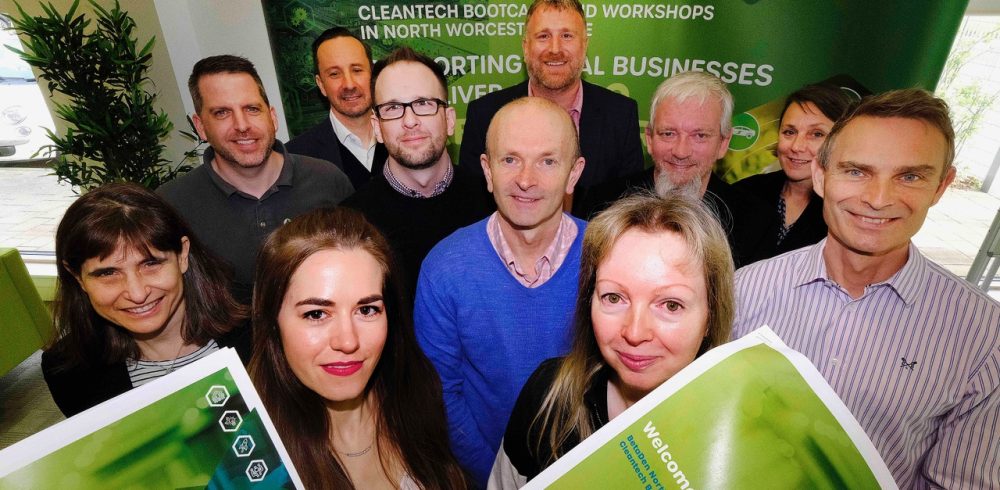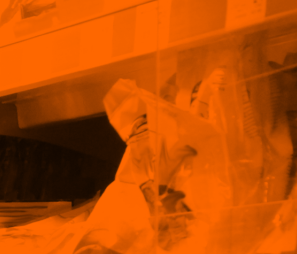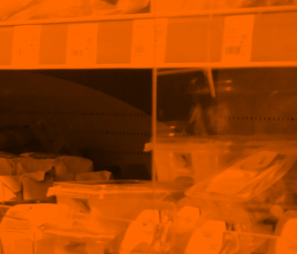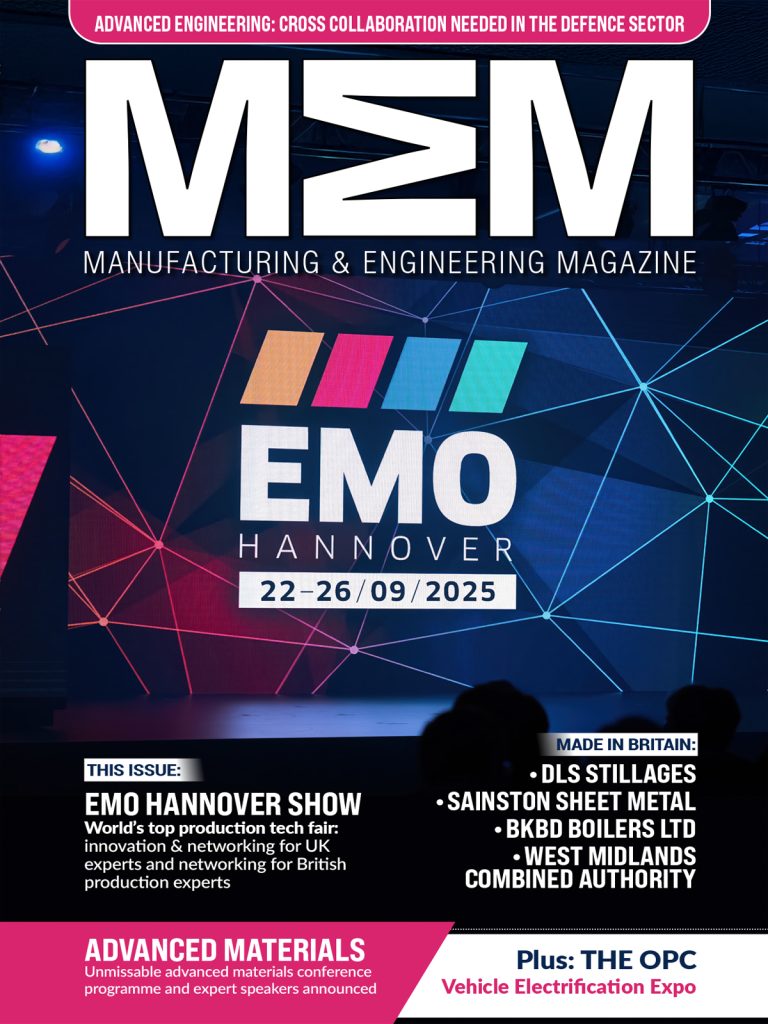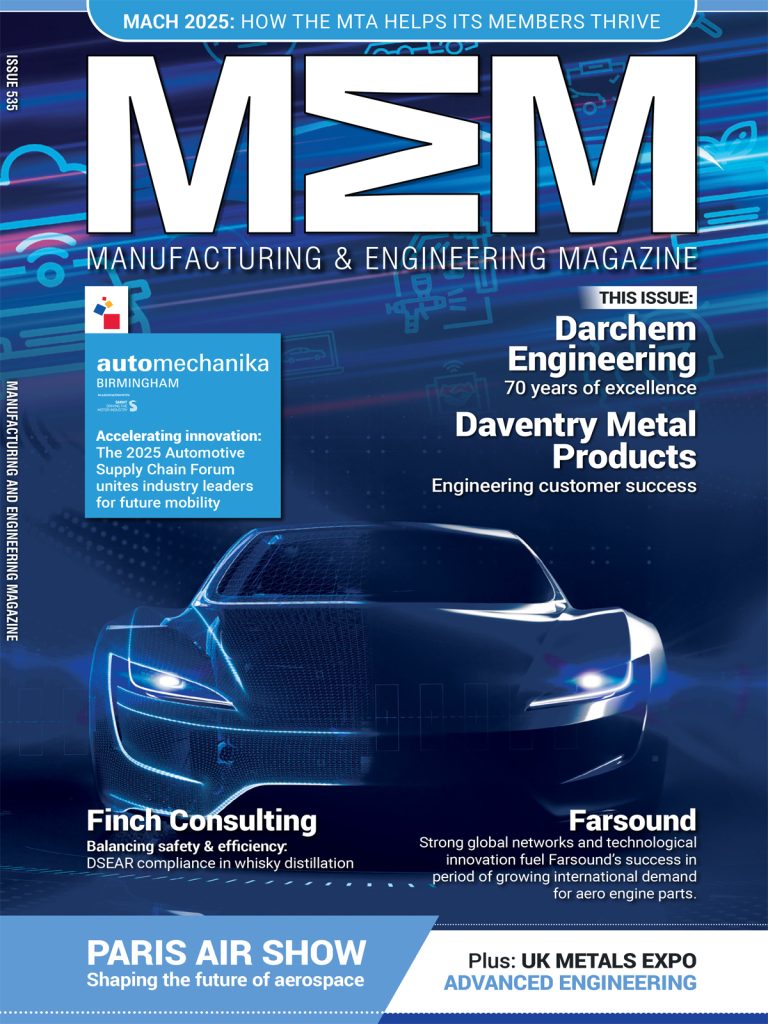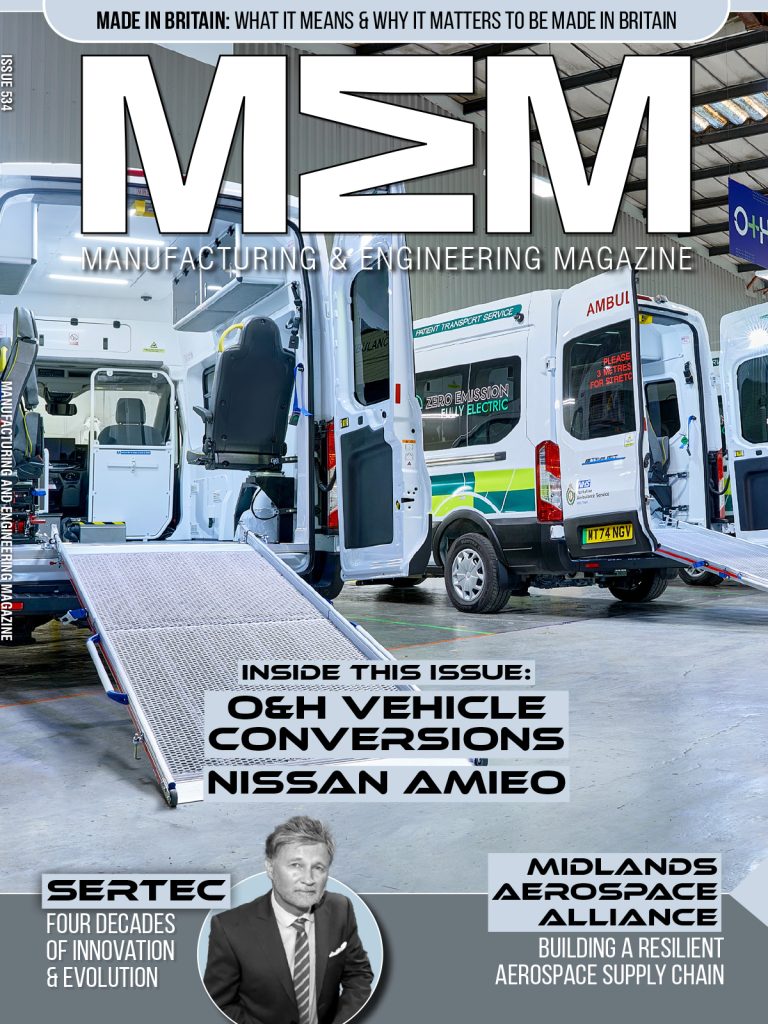Road surfaces that turn movement into emission-free electricity, along with solutions to ease global battery shortages, bring cheap green energy into homes, and reduce waste from fashion shops are just some of the innovations being helped to become reality with support from Wyre Forest Cleantech accelerator BetaDen North.
Six cohort members – Aceleron, Ecoforest UK, Hummingbird Designs, Grohanger, R-Net, and Voidfill – will each benefit from a programme of support worth £25,000 to commercialise their ideas at BetaDen North’s unique bootcamp.
The Bootcamp is a unique business-support programme, supported by the UK Government’s Community Renewal Fund and delivered by Wyre Forest District Council, bringing leading lights from the world of Cleantech to Wyre Forest. The aim is to develop a nationally significant Cleantech Centre of Excellence in the region, positioning the district as a UK leader for developing technologies society needs to reduce greenhouse gas emissions and tackle the climate crisis.
Councillor Helen Dyke, Leader of Wyre Forest District Council said: “Promoting low- and zero-carbon technologies is a key part of the county’s economic strategy and we have a wealth of innovative companies here that have the potential to make a real difference.
“Our bootcamp members are all developing exciting technologies that have the potential to revolutionise the way their industries operate. We’re excited to be able to support them on that journey through BetaDen North, bringing to life the technologies we all need to lead industry supply chains to a net zero future.”
Luke Willetts, director of Operations at Worcestershire Local Enterprise Partnership, added: “Alongside grant support, bootcamp participants will have access to a wealth of experienced mentors, skills-based masterclasses, guest speakers, networking and business introductions, that will help them map their route to market and build the connections they need to successfully commercialise their ideas. The programme culminates in a pitch and showcase event to potential investors, customers and development partners.
“It is a model that has proven hugely successful for Worcestershire’s first commercial technology accelerator BetaDen, which has helped five cohorts of technology companies bring new innovations to market; delivering world firsts, securing investment and creating high-value jobs in the county.”
About the BetaDen North Cleantech Cohort
Energy production is one of the largest producers of carbon dioxide and other greenhouse gases, and three of the bootcamp companies’ products will help speed up the adoption of renewable energy:
Hummingbird Design is developing a Kinetic Road/surface system that transforms the potential energy in a moving object, via a surface, into electrical energy. This is not reliant on a natural energy source so produces and uninterrupted power supply.
Ecoforest UK’s prototype heating unit consists of a hot water cylinder, heating buffer and control system and will make the transition from gas heating to air source heat pumps (a renewable form of energy) much easier for domestic houses, whether a 1-bed flat or 5-bedroom family home (https://ecoforest.co.uk).
Aceleron is home to the world’s most sustainable lithium-ion battery. Built with the circular economy in mind, every part of their batteries is serviceable, upgradeable and recylable, increasing access to energy-storage solutions for everyone (www.aceleronenergy.com).
Waste is another sustainability challenge being addressed by the Betaden North Bootcamp’s participants:
Voidfill provides a range of eco-friendly paper and air-packaging products for in-box protection. It is working to develop a machine enabling companies to create its packaging on-site, reducing transport emissions in the process (https://voidfillpackaging.co.uk).
Grohanger makes a clothes hanger that extends in size from baby clothes right up to adult size. The team is now adapting this for Direct-to-customer market, helping reduce the amount of fashion-industry waste that typically ends up in landfill (www.grohanger.com).
R-Net’s idea mixes psychology with waste recycling and reducing plastic – its recycling bin, which is intended to enable waste collection in outdoor places, uses a durable net instead of single use bin bags. But it’s set at an angle, so the bit of skill needed to throw rubbish into it makes recycling more fun.
Manufacturing & Engineering Magazine | The Home of Manufacturing Industry News




